Pablo Sánchez-Martín
Causal normalizing flows: from theory to practice
Jun 08, 2023



Abstract:In this work, we deepen on the use of normalizing flows for causal reasoning. Specifically, we first leverage recent results on non-linear ICA to show that causal models are identifiable from observational data given a causal ordering, and thus can be recovered using autoregressive normalizing flows (NFs). Second, we analyze different design and learning choices for causal normalizing flows to capture the underlying causal data-generating process. Third, we describe how to implement the do-operator in causal NFs, and thus, how to answer interventional and counterfactual questions. Finally, in our experiments, we validate our design and training choices through a comprehensive ablation study; compare causal NFs to other approaches for approximating causal models; and empirically demonstrate that causal NFs can be used to address real-world problems, where the presence of mixed discrete-continuous data and partial knowledge on the causal graph is the norm. The code for this work can be found at https://github.com/psanch21/causal-flows.
Improved BiGAN training with marginal likelihood equalization
Nov 04, 2019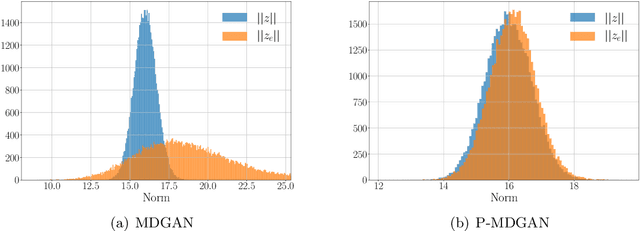

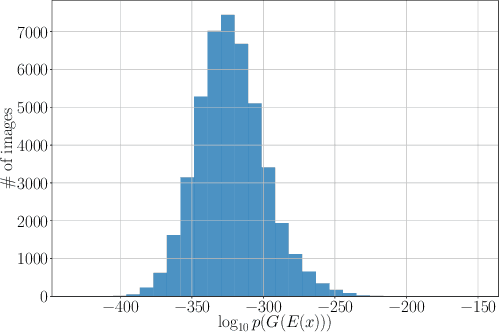
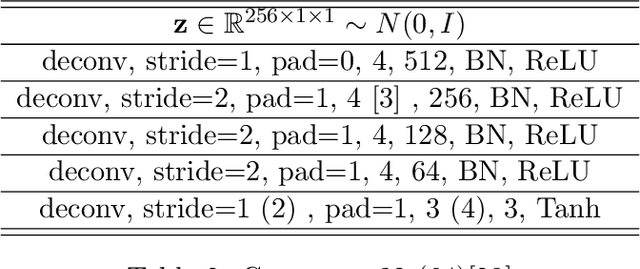
Abstract:We propose a novel training procedure for improving the performance of generative adversarial networks (GANs), especially to bidirectional GANs. First, we enforce that the empirical distribution of the inverse inference network matches the prior distribution, which favors the generator network reproducibility on the seen samples. Second, we have found that the marginal log-likelihood of the samples shows a severe overrepresentation of a certain type of samples. To address this issue, we propose to train the bidirectional GAN using a non-uniform sampling for the mini-batch selection, resulting in improved quality and variety in generated samples measured quantitatively and by visual inspection. We illustrate our new procedure with the well-known CIFAR10, Fashion MNIST and CelebA datasets.
Out-of-Sample Testing for GANs
Jan 28, 2019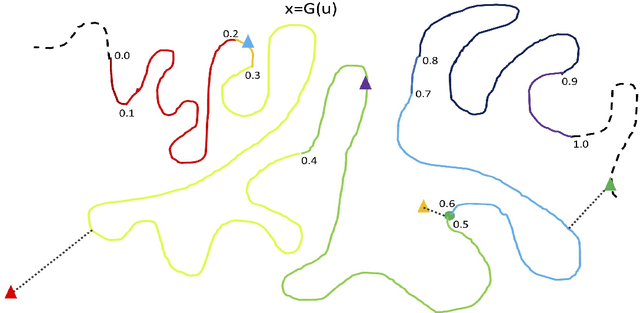
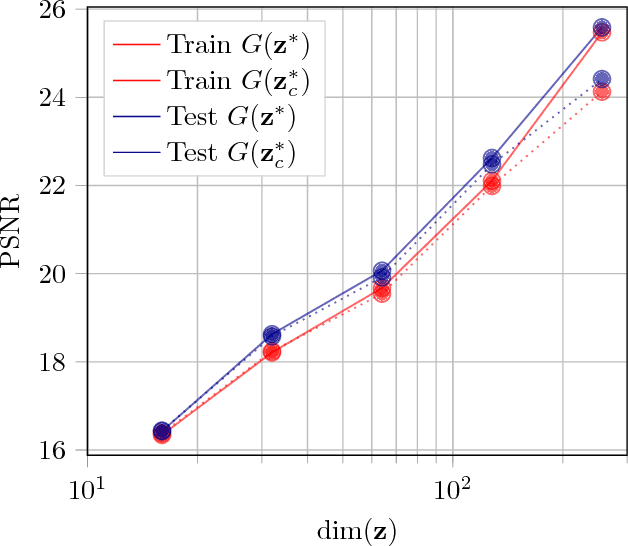
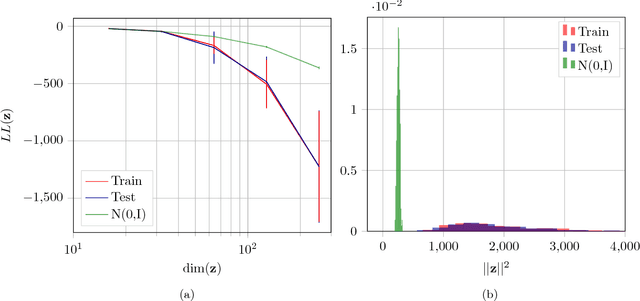
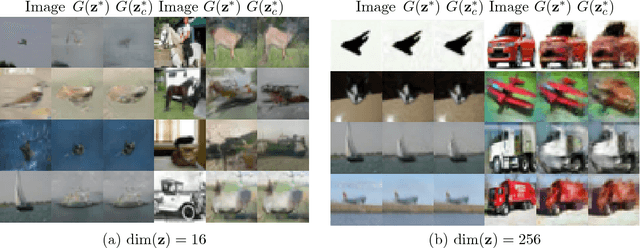
Abstract:We propose a new method to evaluate GANs, namely EvalGAN. EvalGAN relies on a test set to directly measure the reconstruction quality in the original sample space (no auxiliary networks are necessary), and it also computes the (log)likelihood for the reconstructed samples in the test set. Further, EvalGAN is agnostic to the GAN algorithm and the dataset. We decided to test it on three state-of-the-art GANs over the well-known CIFAR-10 and CelebA datasets.
 Add to Chrome
Add to Chrome Add to Firefox
Add to Firefox Add to Edge
Add to Edge